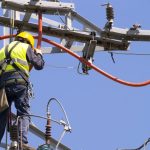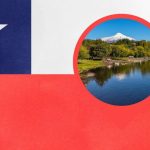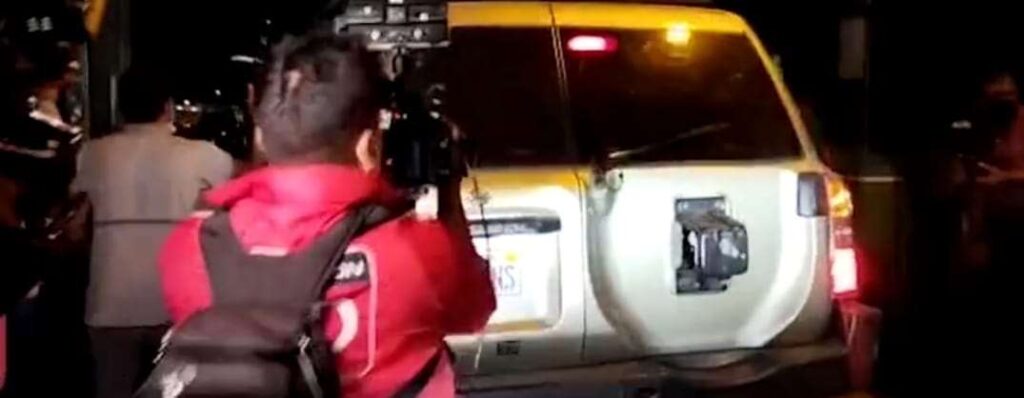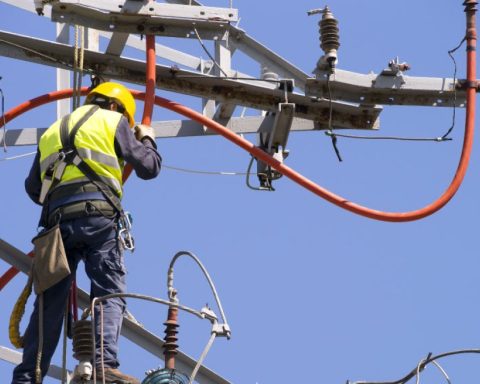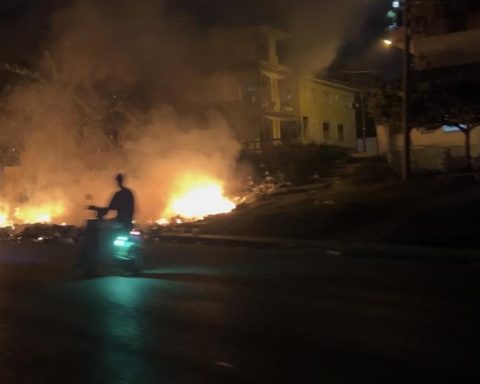Foreign Minister Santiago Cafiero assured that the Argentine challenge in the claim for the sovereignty of the Malvinas Islands “It is to continue with a process of raising awareness that Argentina has been carrying out for many years,” which has to do with “achieving the support of the international community in Argentina’s claim.”
Cafiero told Télam that the country “has a claim that is historic, that follows a timeline of many years ago, and all Argentine diplomacy, with different intensities, has highlighted it.”
For the foreign minister, “the main thing about the claim is that Argentina raises the need to find a definitive and peaceful resolution to the sovereignty dispute that we have with the United Kingdom”which is “about the Malvinas Islands, the South Sandwich Islands, South Georgia and the surrounding maritime spaces. This is all the area of dispute, we sometimes abbreviate it and call it the Malvinas Question.”
Cafiero, who arrived in New York in a entourage made up of government officials and legislators and those of the opposition, this Thursday will attend the United Nations Special Committee on Decolonization to renew the demand that the United Kingdom resume negotiations with Argentina to find a peaceful and definitive solution to the sovereignty dispute over the Malvinas Islands.
The foreign minister is accompanied by the governor of the province of Tierra del Fuego, Gustavo Melella; Senators Adolfo Rodríguez Saá (San Luis Justicialist Unity Front), María Eugenia Duré (All Front-Tierra del Fuego) and Pablo Blanco (Together for Change-TdF); and the deputies Alberto Asseff (PRO-Buenos Aires), Rosana Bertone (FdT-TdF), Federico Frigerio (PRO-TdF); Aldo Leiva (FdT-Chaco); Roxana Reyes (UCR-Santa Cruz) and Eduardo Valdés (FdT-CABA).
The national delegation included the presence of representatives of the majority political spaces, and in this way the Argentine position on the Malvinas issue will be presented to the international community as a State policy to reaffirm Argentine rights over the islands.
In that sense, White told Télam today that “The Malvinas Question is a State policy, so all political sectors have to participate, as they have been doing every year.”
“On repeated occasions I came participating in the province of Tierra del Fuego and there was always a call to all political spaces, it is a tradition that continues to be sustained,” he added.
In that line, Rodriguez Saa told this agency that “Malvinas unites us”and pointed out that “this is very good, in which all Argentines agree”.
“The Malvinas are Argentine and we must fight, all united, until we achieve a peaceful recovery of sovereignty over the Malvinas Islands through dialogue,” added the senator from San Luis.
Also present are the Secretary of Malvinas, Antarctica and the South Atlantic, Guillermo Carmona; the Chief of Staff of the Foreign Ministry, Luciana Tito; and the national director of Malvinas and South Atlantic Islands, Sandra Pitta.
and attend Clara Vernet, relative of Luis Vernet, the first governor of Tierra del Fuego.
Vernet was born in Hamburg, Germany, and after becoming an Argentine national, he was appointed on June 10, 1829 as the first governor in the Malvinas and islands adjoining Cape Horn in the Atlantic Ocean, a position he held until September 10, 1832, before of the occupation by Great Britain on January 3, 1833.
On the occasion of the designation of Vernet in 1829, Argentina commemorates every June 10 the Day of the Affirmation of Argentine Rights over the Malvinas, Islands and Argentine Antarctic Sector.
There are still 17 territories that have a colonial-type domination system -10 of which involve the United Kingdom- and whose cases are dealt with by the Committee.
United Kingdom It has dominion in America over the Malvinas Islands, Anguilla, Bermuda, the Cayman Islands, the Turks and Caicos Islands, the British Virgin Islands, Montserrat and Saint Helena.
It also has Gibraltar, in Europe; and to Pitcairn, in the so-called Asia-Pacific area.
USA owns Virgin Islands of the United States, in America; and Guam and American Samoa, in Asia and the Pacific.
While France you have New Caledonia and French Polynesia, also in Asia and the Pacific.
The rest are Western Sahara, in Africa, dominated by Morocco; and Tokelau, in Asia and the Pacific, for New Zealand.







